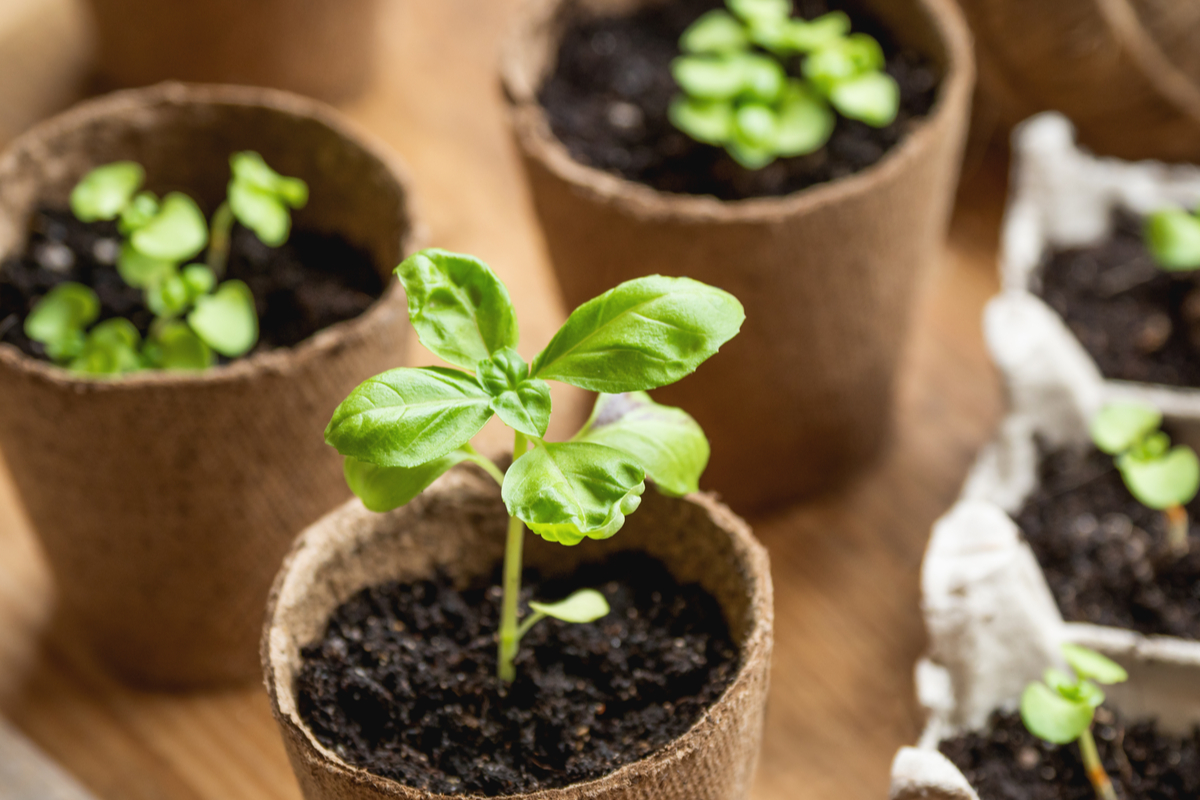Even if you enjoy cooking and spending time in the kitchen, there are times when you simply want to eat something healthy and delicious with the least amount of trouble and time. These time-saving ideas can help you save time on ordinary meals and resist the temptation to eat ready-made meals or takeout.
- Cans are convenient: stock up on some basic canned goods like tuna, sweet corn, beans, tomatoes, and chickpeas. You can even make a quick salad just by combining some of these and adding a dressing.
- Your own fast burger: on a day when you have some extra time, try to prepare burgers (or veggie burgers) in large quantities. Then you can cook them or not and wrap each burger individually using cling film and store them in the freezer. When you want to have a burger all you need to do is defrost it in the microwave if it you already cooked it or pop it in the oven for 15-20 minutes.

- Herbs in a jiffy: again trade-off time today to save even more time in the future! Wash, dry and chop your fresh herbs (basil, dill, mint, parsley, etc) and put them in zip-lock bags or jars in your freezer. Next time you want to add them to your food it will be as easy as sprinkling salt. You can also add them to ice cube trays with water, lemon juice, or olive oil.
- Fill up your freezer: apart from frozen veggies (which in some cases have more nutrients than fresh ones since they are frozen right after harvesting), you can also freeze bread and grated cheese.
- Lemon juice in no time: just make ice cubes out of pure lemon juice (you could even add in herbs!) then just leave it out for a few minutes if you are adding it to a salad or throw it right into your pot for soups and other meals.

- Go (for) nuts: walnuts, almonds, cashews, and other nuts, as well as seeds (pumpkin, sesame, poppy), are fantastic in salads and noodle dishes. There’s no excuse not to have a jar of nuts always in your kitchen to sprinkle over your plate, just make sure you store them in a dark, dry cupboard.
- Veggie bath: fill up your sink with water, add a bit of vinegar and bathe all the vegetables you are going to use. Leave them for 3-10 minutes while you prepare something else. Drain the water and give them a quick rinse with running water.

- Chop everything chunky: chunkier vegetables for your salad means more vitamins and faster chopping. However, if you want to cook them go for smaller pieces and save on cooking time.
- Don’t peel: you are wasting nutrients and time since a lot of vegetables, contrary to popular belief, don’t need to be peeled e.g. potatoes, sweet potatoes, cucumbers, eggplants, carrots and beets.
- Have a basis: the base of a meal is usually starch or protein, so make sure you have noodles, rice, pasta, avocado, canned fish, or beans, which can be prepared in no time and can easily be enriched or not, with more ingredients.

- Traditionally preserved: if something has a long life it’s more likely you will have it at hand in your kitchen. Traditionally preserved foods like sun-dried tomatoes, pickles, olives, chutneys, and jams are ideal additions for a quick meal.
- Have a recipe arsenal: the perplexing issue of “what to eat” uses up valuable brainpower and time. Always have a few go-to recipes that you can easily make by using your stock of long-life ingredients, and that require little to no cooking time.





